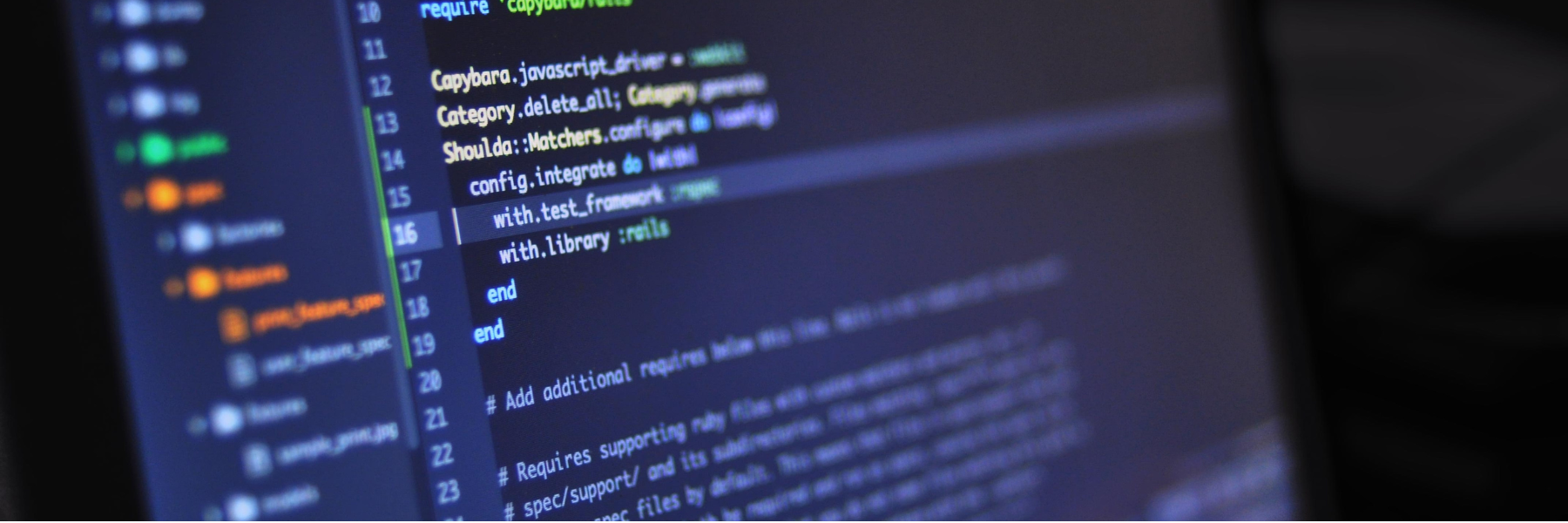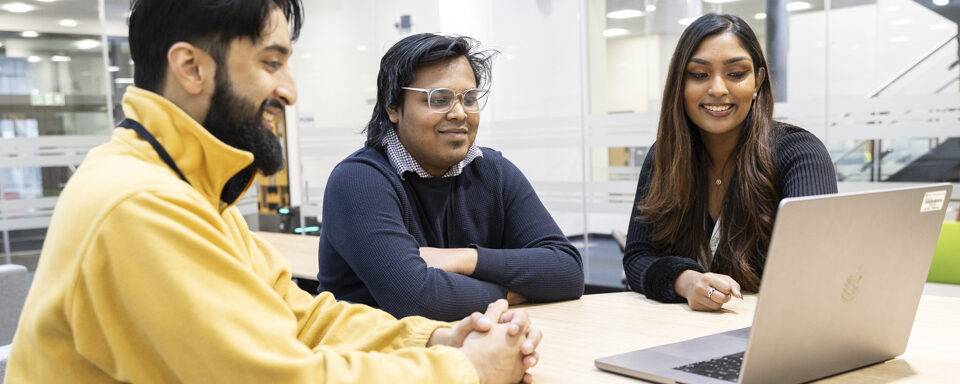Today (Wednesday 23 June) is International Women in Engineering Day which celebrates the amazing women in engineering roles and raises the profile of the career opportunities available in the industry. Gomathi Shivakumar started her engineering journey at DVLA as a Junior Software Engineer and hasn’t looked back since. This is her story on how it’s never too late to begin a career in digital…

“I’ve always been passionate about programming, but my personal circumstances, as for many, led me down a different path and so I spent a significant portion of my working life pursuing a career in teaching.
“However, I then made the bold choice to return to the IT profession 2014. I came across an opportunity to become a Junior Software Engineer at DVLA in 2018 which also involved obtaining a master’s degree in Software Engineering through the ITS Centre of Digital Excellence scheme.
“Returning to coding and education after 25 years was very intimidating. It was also a mammoth task, having to juggle a family, a job, a 100-mile daily commute and keeping up with the fresh, smart, and shrewd minds that were now my classmates!
“Considering my personal circumstances, the easy option would have been to just do enough to get by. However, as a person who commits to any undertaking with sincerity and pride, I wanted to give this opportunity my very best. So, I persevered, bombarded lecturers with thousands of questions, sat through whole nights learning programming, scoured through hundreds of academic papers and technology websites, and shed tears in desperation along the way.
“All of the hard work paid off though, and I completed the course with a distinction. My dissertation even bagged the Best Research Project award. My project was based on research in an untested area at DVLA involving the use of Progressive Web App solution. I developed a prototype for the vehicle enquiry service that users could install on any mobile device to keep track of their vehicle tax and MOT and also receive email and push notifications. With more than 40 million registered vehicles in the UK, this could potentially support the reduction of vehicle tax evasion and help keep our roads safer.
“When I started my master’s degree in 2018 I joined one of the IT squads and embraced the agile ways of working. Working with other skilled engineers really boosted my technical skills and confidence, although I still bombard my colleagues with lots of questions to ensure I’m delivering a quality service! I’m grateful that DVLA also offers a plethora of online learning and professional qualifications so I can keep learning and improving.
“I’ve recently been successful in achieving a promotion to Software Engineer, and have been involved in the digital transformation of our tachograph service. Vocational drivers can now apply online to replace or renew a tacho card, making it easier for our customers who drive for a living to access our services in a way that suits them. This is a huge step for DVLA in terms of moving data off legacy onto cloud technology. The building blocks that we have developed to migrate the tachograph service can be reused in the future for other services. I’ve been working on the internal portal to support the new services. It’s the first transactional service built not only to supplement and handle any fallout from the external service, but to entirely replace our legacy system for the keying and processing for four tachograph cards (company, workshop, control, and driver).
“As today is International Women in Engineering Day, I’m sharing my journey as proof that it’s never too early or too late to start a career in IT, and the agency is a great place to realise your potential. All that is required is a passion to learn. Studying IT at school and gaining diplomas and degrees are the expected path of entry into the industry, but this is not necessarily the only route. With open-source software and free courses on the internet, learning to code is easier than ever before. We even have a Code Learning Community here at DVLA. Many women who have made a significant impact in the industry had trained in a completely different field. Annie Easley being a classic example – who would have thought a pharmacology student would have anything to do with developing software for hybrid cars?
“We hear considerable discussions around gender equality, and some argue that every industry is not suitable for a particular gender. I consider that the IT sector certainly has the potential to be gender neutral. Let us not forget that the first programmer, Ada Lovelace, was a woman.”
Lots of people have been learning new skills through lockdown, why not make your new skill coding? You could learn to code just for your own enjoyment or even to put yourself in a good position to begin a career in digital. And if you’re looking for a career in a supportive and dynamic organisation, check out our current roles on Civil Service Jobs.




